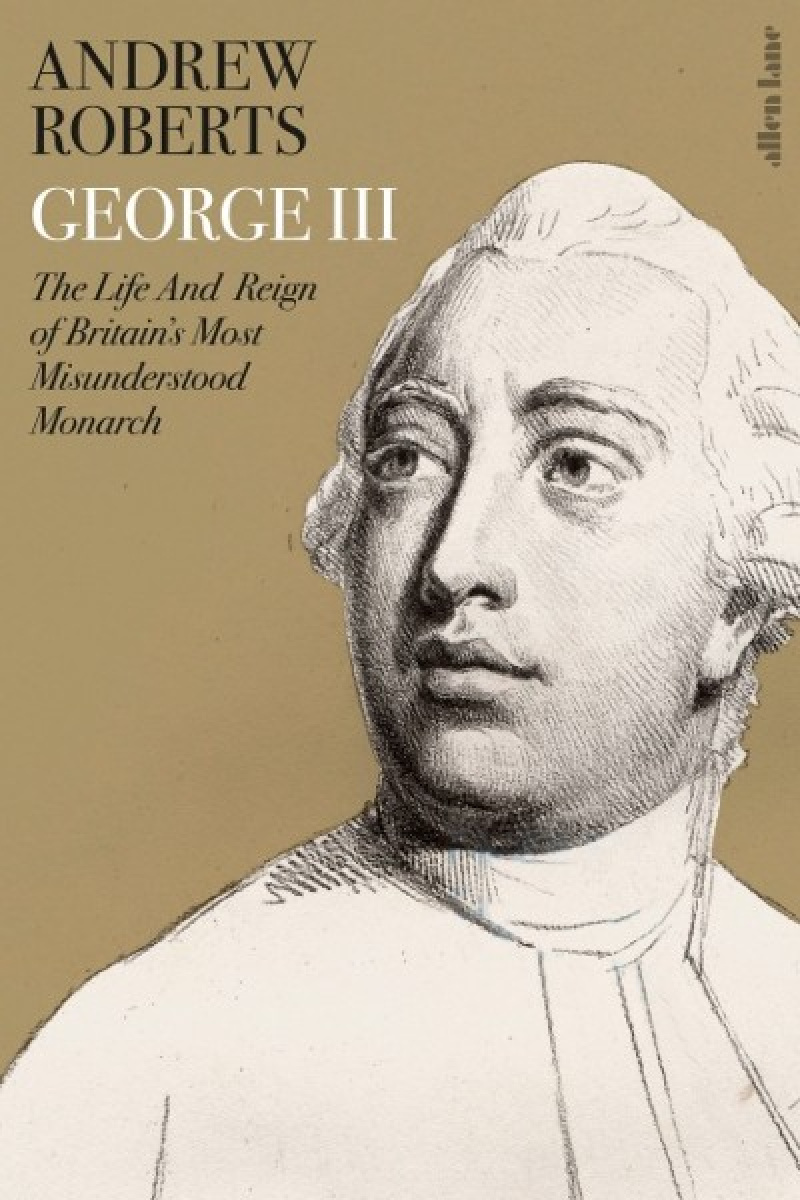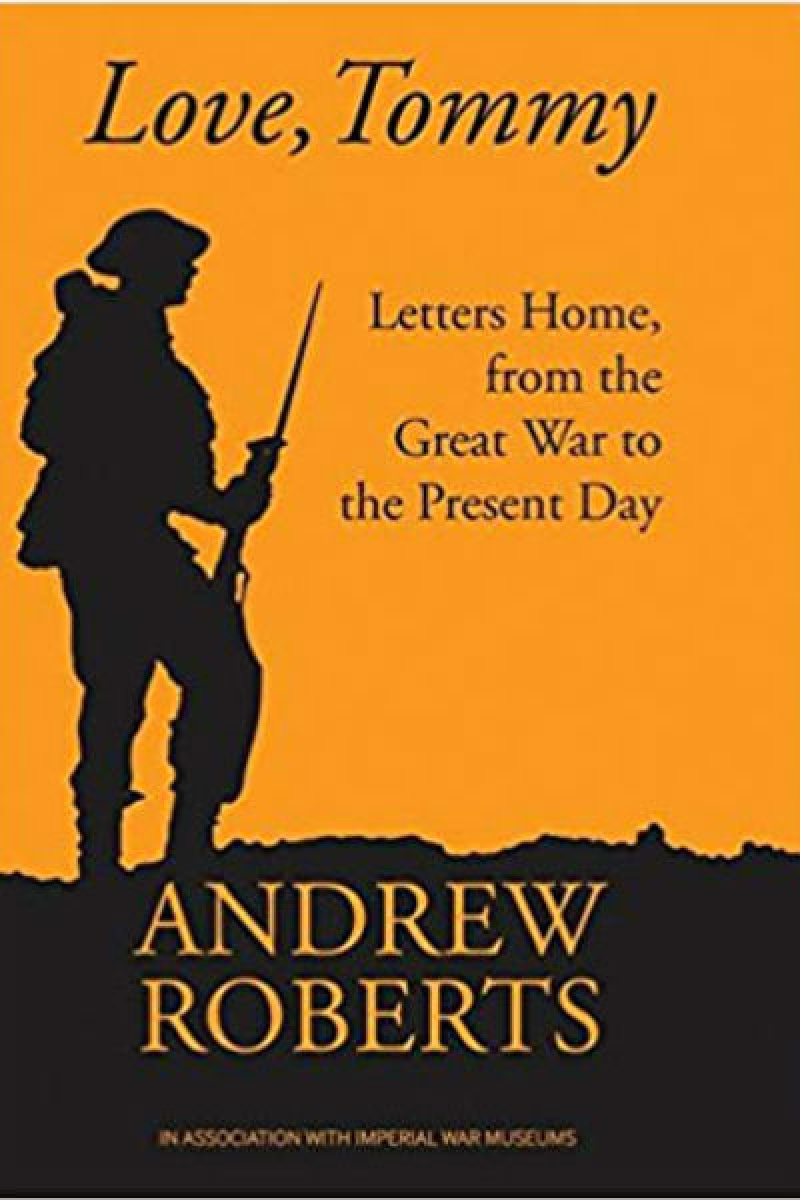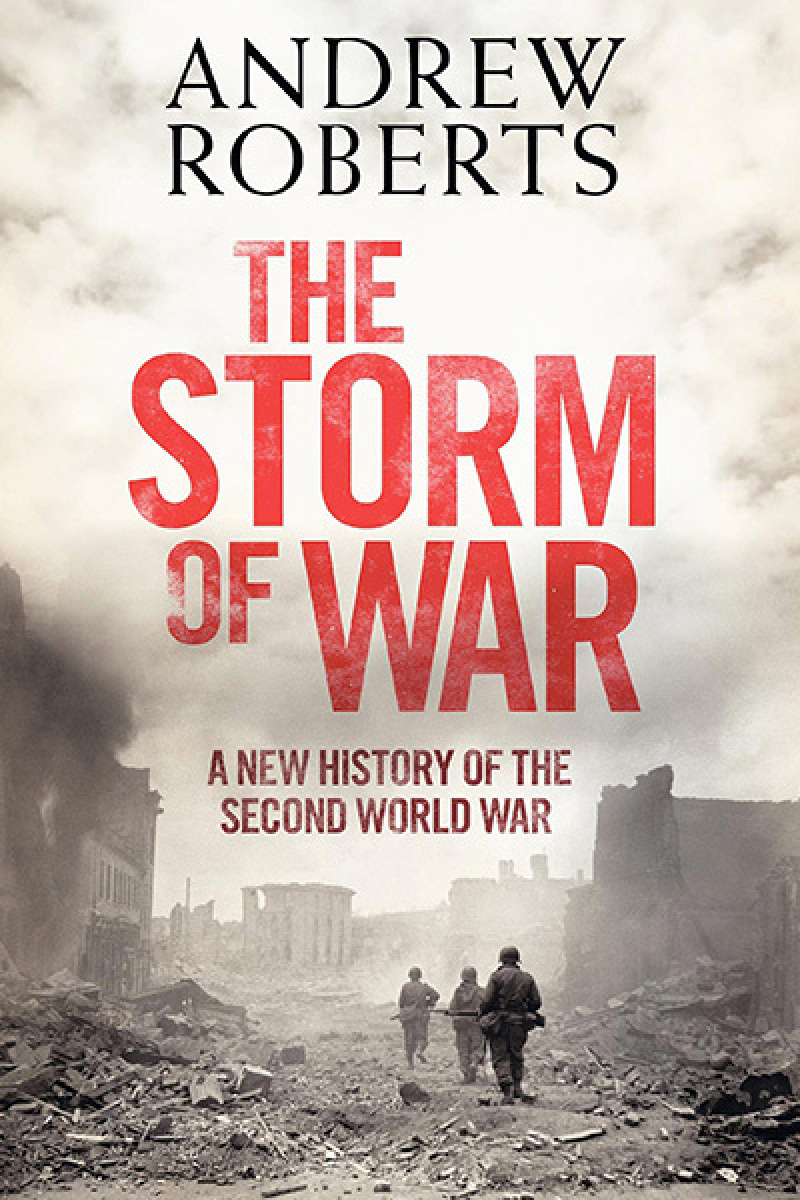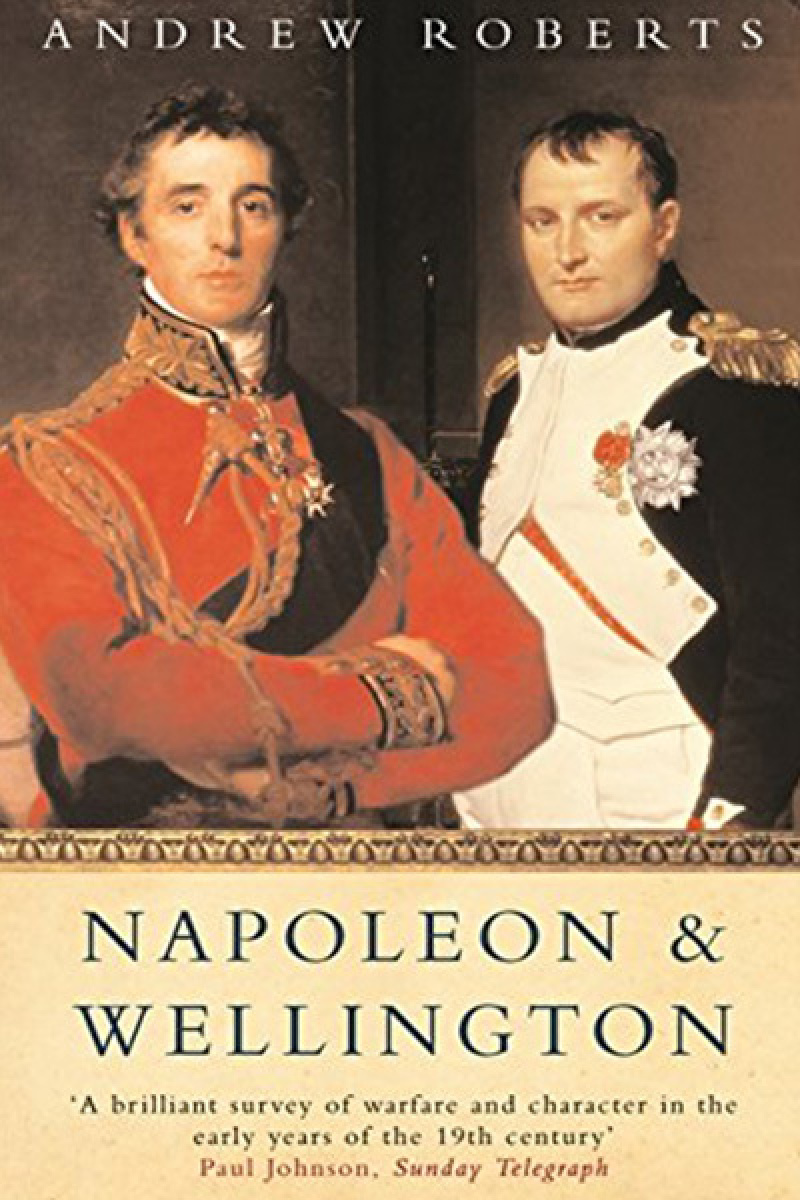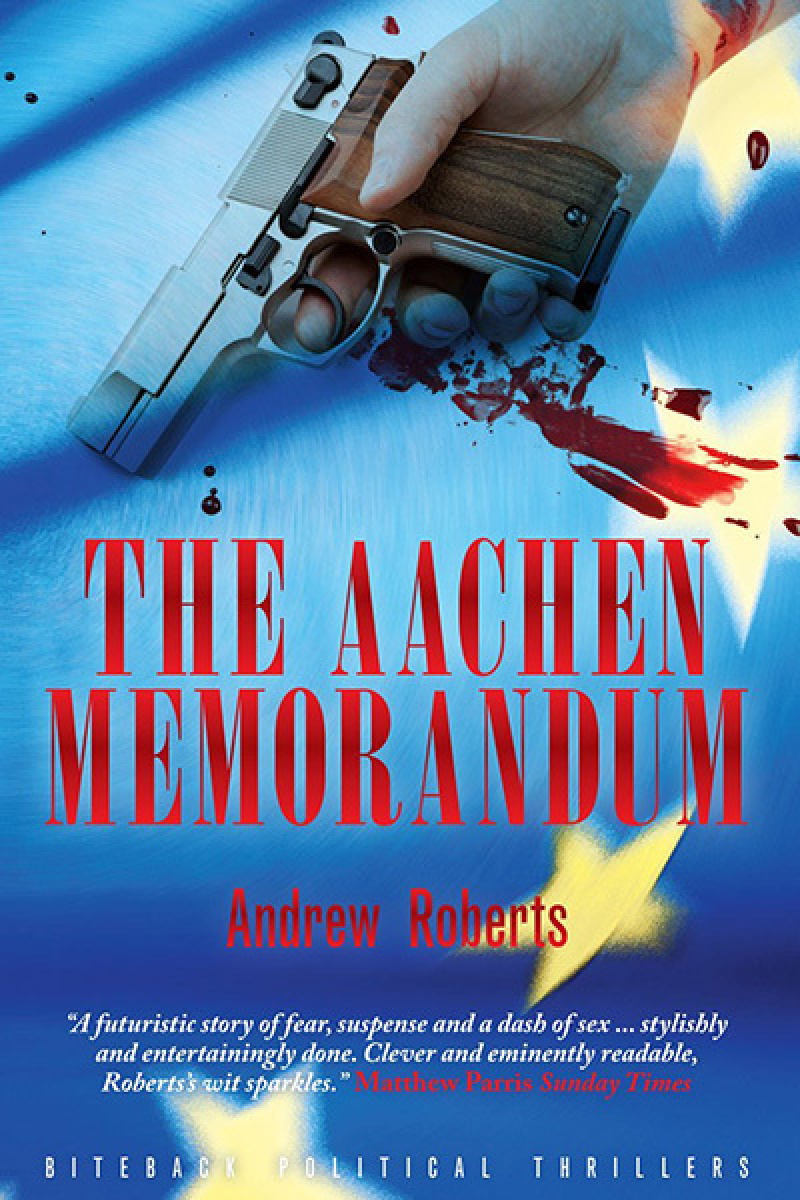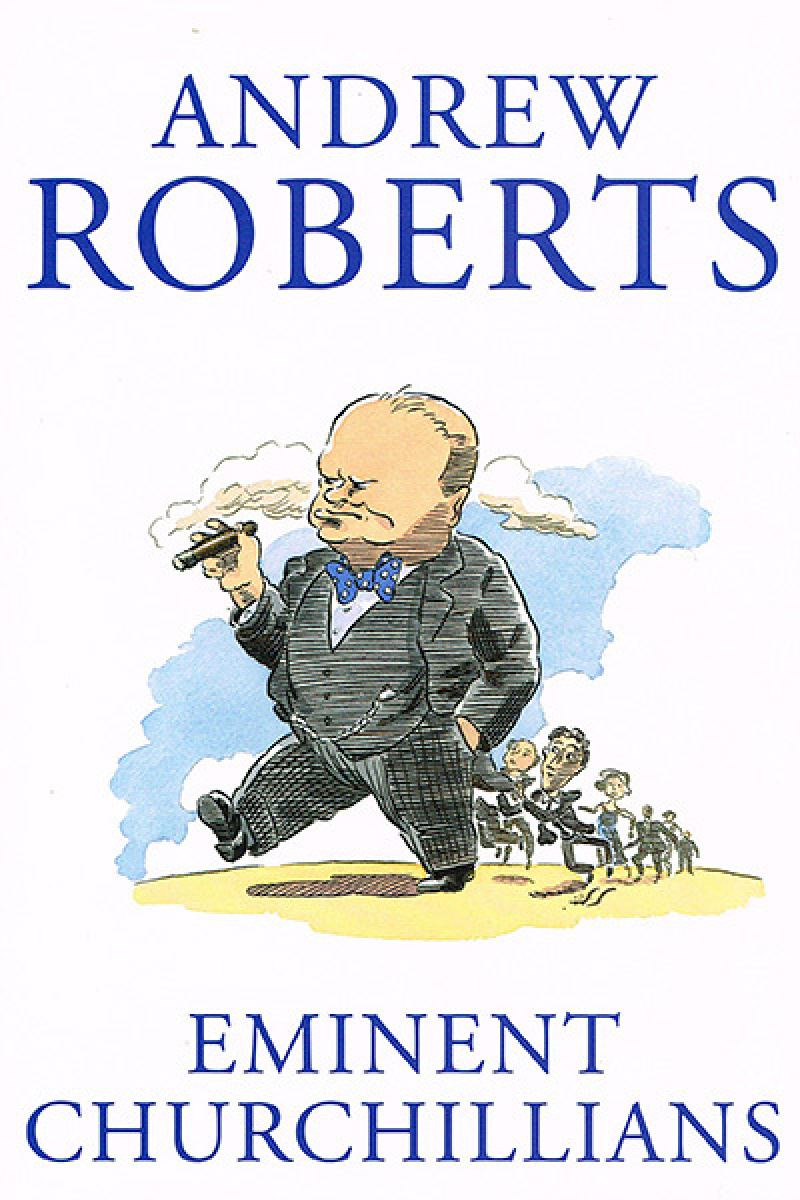Masters and Commanders
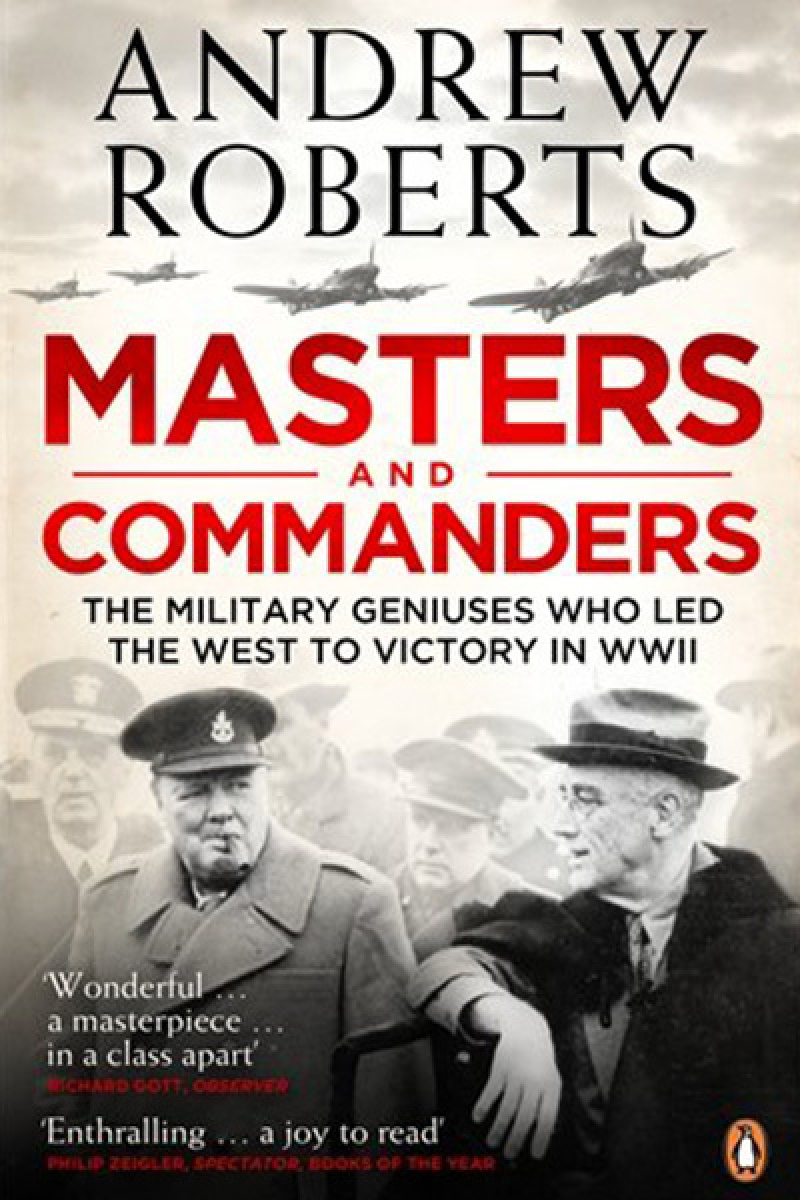
Masters and Commanders
How far did personality affect the grand strategy of the Second World War? Award-winning historian Andrew Roberts lays bare the interlocking relationships between the four political masters and military commanders of the Western Allies – Franklin Roosevelt, Winston Churchill, General George C. Marshall and Lord Alanbrooke – between Pearl Harbour and VE Day, coming to a number of startling conclusions. Employing verbatim accounts of Churchill’s War Cabinet meetings never before reproduced in book form, as well as using the private papers of sixty-seven contemporaries of the four men, the inside story is told of the great wartime conferences, explaining why and how the Allies attacked where and when they did.
The two masters (Churchill and Roosevelt) and two commanders (Marshall and Alanbrooke) were strong-willed and tough-minded and each was certain that he knew best how to win the war. Yet in order to get their strategies adopted, each needed to persuade at least two of the other three, and certainly not be so outmanoeuvered that he ever found himself in a minority of one. Roberts reveals the dynamic behind the collective decisions upon which the lives of millions ultimately rested.
 Andrew Roberts
Andrew Roberts


